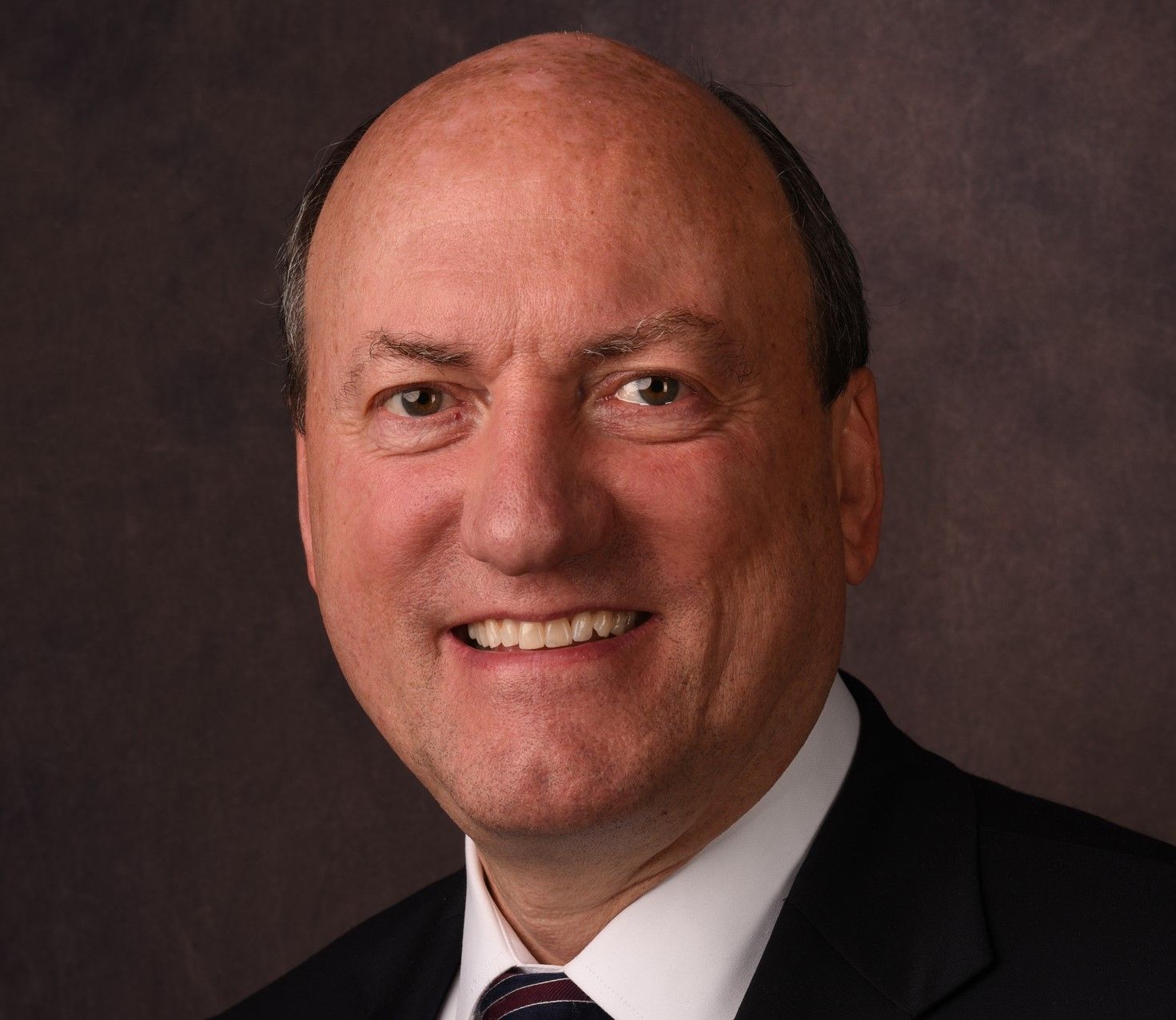Eliot Brinton, MD
Credit: Global Oncology Academy
Over the past decade, the understanding and management of severe hypertriglyceridemia syndromes—particularly familial chylomicronemia syndrome (FCS) and multifactorial chylomicronemia syndrome (MCS)—have begun to shift. Historically treated with extreme dietary fat restriction and off-label lipid-lowering therapies of limited efficacy, these rare disorders were often misdiagnosed or poorly understood outside of specialized lipid clinics. FCS, a monogenic condition marked by persistent chylomicronemia (PC) and risk of recurrent pancreatitis, has been particularly underserved, while MCS, far more prevalent but less well characterized, continues to be underrecognized in clinical practice.
In recent years, however, progress in genetic diagnostics, growing awareness among endocrinologists and lipid specialists, and targeted drug development have changed the trajectory of care. Investigational therapies targeting key regulators such as APOC3 and ANGPTL3 have shown promise in early-phase studies, and ongoing trials reflect a more precise, mechanism-based approach to treatment. As the field pushes toward better stratification and tailored intervention, clinicians are increasingly engaged in conversations about bridging gaps in diagnosis, expanding access to specialty care, and defining meaningful outcomes for patients whose conditions have long been managed at the margins of standard lipid care.
HCPLive convened a clinical forum led by Eliot Brinton, MD, President and Director of the Utah Lipid Center, to delve into the clinical, diagnostic, and treatment complexities of MCS and FCS.
The forum outlined how MCS is often underdiagnosed and misunderstood, while FCS, although rarer, poses a more severe and genetically defined lipid disorder that leads to significant clinical challenges. They stressed that misdiagnosis remains common due to overlapping symptoms and non-specific presentations, particularly in emergency settings with acute pancreatitis.
“Although diet works like you also said, there’s some people where they’re just they’re not able to do the diet and it is just not feasible for them. And so to have powerful drugs that are not niacin and not going to make their glucose go up… I think it’s nice to have modern, newer medications to help,” a panelist said. “One concern is how can drugs like this be expanded to more than just the severe patients with alarm features like recurrent pancreatitis and hospitalizations, family history? How can we expand it out more to just patients with really high triglycerides?”
Panelists highlighted the inadequacies in current therapeutic options, particularly the lack of approved treatments for FCS. Extreme dietary restrictions remain a mainstay, which adds psychological and social burden to the disease. They emphasized the unmet need for novel therapies that can target specific genetic pathways like APOC3 and ANGPTL3, the role of healthcare provider education, and the importance of improving diagnostic and care pathways for affected patients.
“The clinical or functional FCS and the PC with alarm features, to me, seem the same. I think that would be definitely those folks would benefit from these new drugs… To me, where these drugs are really going to be beneficial are for the people with the polygenic MCS who have these recurrent pancreatitis episodes. And those are the ones who just keep going in the hospital, and it’s a huge struggle, and we can’t use other agents like – I’m going to go off grid here and say GLP-1 receptor agonists. And so that’s where these drugs, I think, are going to be really promising,” a panelist said. “I think a big barrier is obtaining these drugs because even for the few people that I have on the available drug, Olezarsen, you have to jump through multiple hoops, you have to call all these people, answer the phone when they’re calling. And for education, that’s going to be a big barrier.”
